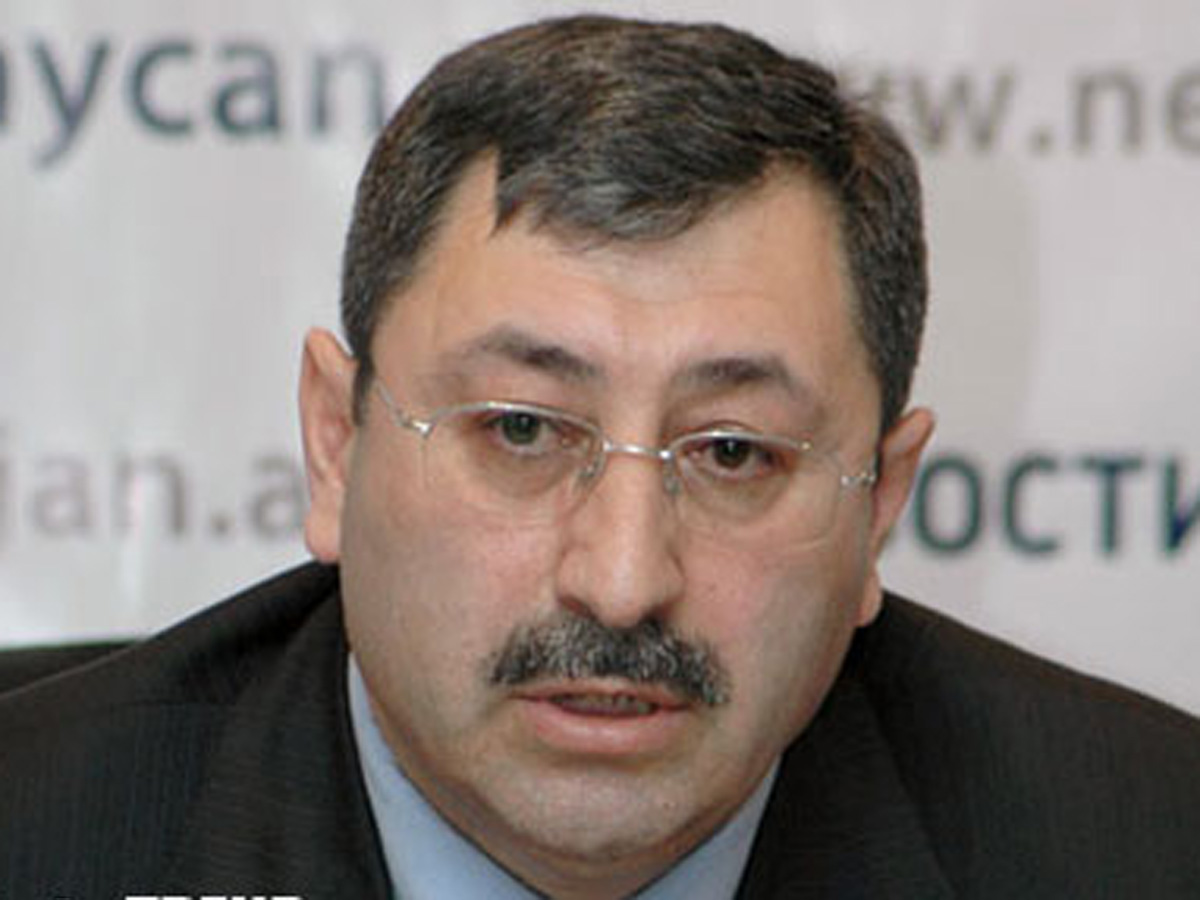Baku, Azerbaijan, Sept. 20
By Leman Zeynalova - Trend:
Azerbaijan urges the Armenian leadership not to repeat the mistakes of their predecessors, Deputy Foreign Minister of Azerbaijan Khalaf Khalafov said at the 39th Session of the UN Human Rights Council.
The deputy FM mentioned that the fundamental rights and freedoms of Azerbaijani refugees from Armenia and IDPs from the occupied territories of Azerbaijan have been violated for 30 years, seriously challenging the UN and its human rights mechanisms.
In this regard, Azerbaijan calls on the Human Rights Council, as well as its special mechanisms and the High Commissioner for Human Rights to make effective efforts to restore the violated rights of Azerbaijani refugees and IDPs as required by the relevant resolutions of the UN Security Council and the General Assembly, he added.
"We, in turn, continue to work for improving life standards of refugees and IDPs. I would like to mention that, in general, over the past 25 years more than $8 billion have been allocated for the social protection of this vulnerable group of people. Some 150 houses, school buildings, a kindergarten, medical institutions and other social facilities have been built in Jojug Marjanli village of Jabrayil district, which was liberated from the Armenian occupation in April 2016," Khalafov said.
Armenia continues to ignore the relevant resolutions of the UN Security Council and the General Assembly, Khalafov added.
"Unfortunately, latest statements of Armenia's new leadership, in fact, undermine the peace negotiation process and they are aimed at consolidating the occupation of Azerbaijani territories, thereby putting the region face to face with new threats. We reiterate that all responsibility for disruption of the negotiation process and escalation of tensions in the region lies entirely on the Armenian leadership," the deputy minister added.
"We urge the Armenian leadership not to repeat the mistakes of their predecessors and take a constructive stance on the issue of resolving the conflict on the basis of unconditional liberation of all the occupied Azerbaijani territories. We call on them to respect the sovereignty, territorial integrity and inviolability of internationally recognized borders of states," Khalafov said.
The conflict between the two South Caucasus countries began in 1988 when Armenia made territorial claims against Azerbaijan. As a result of the ensuing war, in 1992 Armenian armed forces occupied 20 percent of Azerbaijan, including the Nagorno-Karabakh region and seven surrounding districts.
The 1994 ceasefire agreement was followed by peace negotiations. Armenia has not yet implemented four UN Security Council resolutions on withdrawal of its armed forces from the Nagorno-Karabakh and the surrounding districts.
---
Follow the author on Twitter: @Lyaman_Zeyn






